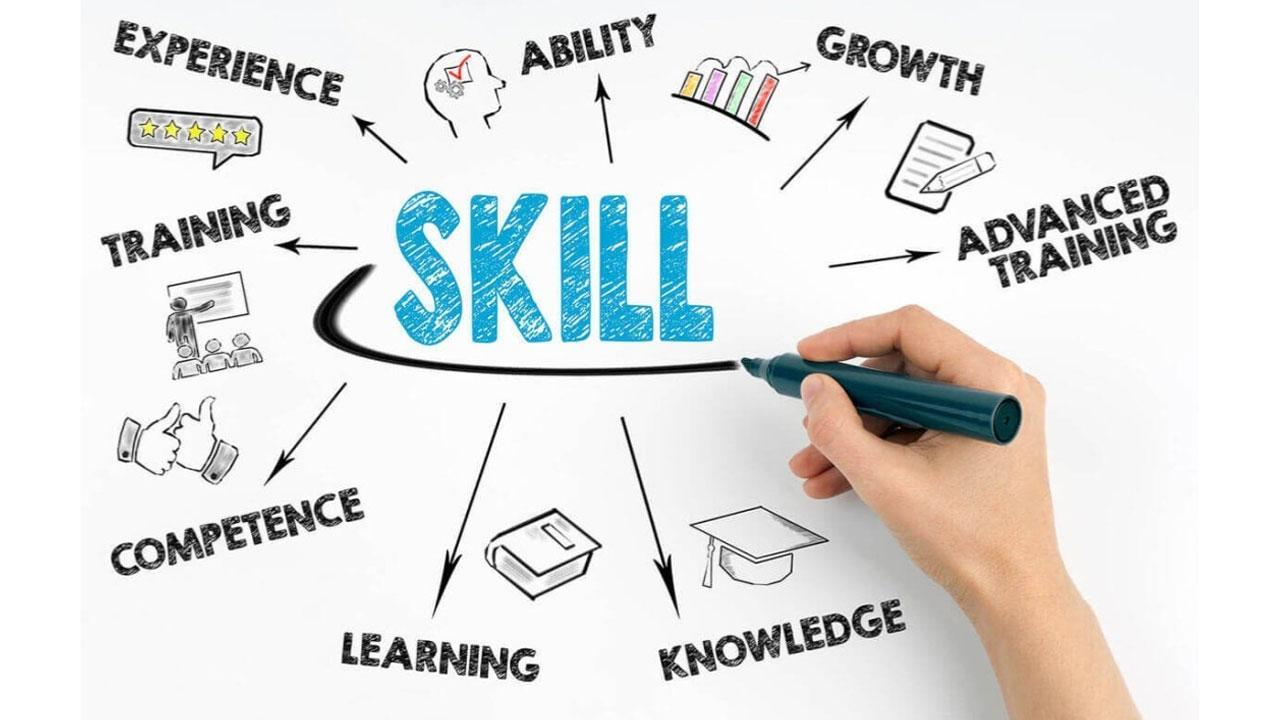Communication is fundamental for a successful and efficient team in an organization.

Aptitude Tests
The ability to communicate with clarity and efficiency impacts collaboration, employee satisfaction and productivity across business levels.
ADVERTISEMENT
Importance of team communication
Team communication refers to interactions and exchanges within a team. Communication skills are helpful in conflict resolution, boosting morale, better employee engagement, and enabling a healthy workplace culture. These abilities set the foundation for a successful team. These skills include listening, interpreting non-verbal cues, and adapting to various communication styles.
Some individuals naturally have strong communication skills, whereas others can learn, refine, and improve these skills and abilities. Mercer | Mettl assessment tools and online aptitude tests are invaluable in identifying various gaps within a team and helping teams communicate better.
Mercer | Mettl communication and aptitude assessments
Assessing a candidate's communication and aptitude skills is critical in an organization. Mercer | Mettl offers a comprehensive suite of AI-powered communication and aptitude tests to evaluate, develop, and improve the team’s communication skills. These assessments are vital hiring and employee development tools, providing organizations with deep insights into individuals' communication strengths and areas that require attention and improvement. These communication assessments evaluate multiple dimensions of communication, from verbal ability to active listening and emotional intelligence. By offering a thorough evaluation of communication-related skills, these tests help organizations find and hire suitable candidates and develop the communication skills of existing employees. The Verbal Ability Assessment measures a candidate's grammar, vocabulary, comprehension and overall command of English. It evaluates the ability to communicate effectively by formulating grammatically correct sentences and using appropriate words depending on the message's context, tone and seriousness.
Similarly, SpeechX assesses candidates on the nuances of speech, testing their speaking and listening skills, including pronunciation, fluency, grammar and listening comprehension. The Writing Skills Simulator assesses candidates' ability to express ideas and thoughts on various topics, such as business and technology.
In addition to various communication assessments, Mercer | Mettl's ready-to-use and scientifically validated online aptitude tests help accurately measure candidate fit and potential for success.
The General Aptitude Test helps recruiters measure a candidate's reasoning, data analysis, numerical skills and verbal abilities. The Leadership Agility Test helps measure an applicant's curiosity, open-mindedness, drive for proficiency, etc. The Emotional Intelligence Assessment evaluates a person's emotional intelligence and how it can affect relations and workplaces. It also identifies areas for strength and personal development, aiding in building substantial teams.
Benefits of Mercer | Mettl assessments
Mercer | Mettl's suite of communication assessments and aptitude tests offers numerous advantages to organizations. These tests help identify strengths and areas of improvement, providing insights into individuals' communication abilities and abilities to collaborate and manage relationships. This information allows organizations to create personalized development plans to address any gaps.
These assessments foster employees' self-awareness, aiding them in reflecting on their communication abilities and paving the way for improvement.
The tests also help make better hiring decisions by evaluating candidates' communication abilities. Hiring managers can evaluate how well team members adapt to digital communication methods, ensuring effective collaboration in remote teams and enabling a sense of connection and engagement.
Mercer | Mettl's communication and aptitude tests help organizations measure, develop, and enhance communication skills, as well as build robust and cohesive teams. By leveraging these assessments, companies can identify communication gaps, create targeted development programs, and foster a culture of continuous learning. This learning encourages employees to improve their skills, improve collaboration and productivity, and set the foundation for long-term team success in this digital and interconnected world.
 Subscribe today by clicking the link and stay updated with the latest news!" Click here!
Subscribe today by clicking the link and stay updated with the latest news!" Click here!







